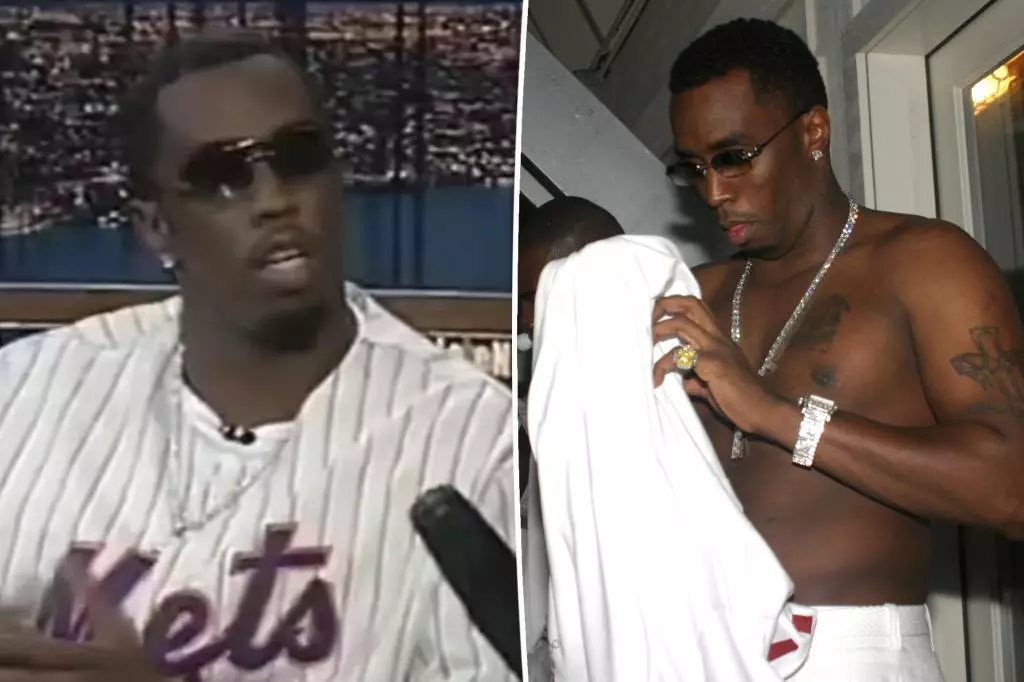Sean “Diddy” Combs has found himself at a critical juncture in his life, with allegations of racketeering and sex trafficking casting a long shadow over his multifaceted career in entertainment and business. Recent media resurfacing of a provocative interview from 2002 adds a layer of complexity to the public’s perception of him, as it juxtaposes lighthearted commentary on party culture with the graver allegations now against him.
In a sit-down with Conan O’Brien, Combs jokingly discussed what he believed constituted a “killer party.” His flippant remarks about needing to “keep women there” by locking doors and ensuring their needs were met—while cloaked as playful banter—shrink the topic of relationships into a transactional framework. This attitude, once perceived as charm, now strikes a chilling chord in light of his current legal troubles. The commentary reflects an unsettling perspective that reduces interpersonal dynamics to mere possession, hinting at deeper issues, specifically concerning consent and agency.
Fast forward to the present crisis, the legal ramifications for Diddy are severe. Facing charges including racketeering conspiracy and sex trafficking, he now stands accused of leveraging power to normalize abusive behavior towards women. Prosecutors allege that he created a “criminal enterprise,” which emphasizes the systematic nature of his alleged misconduct. This transformation from flashy entertainer to accused criminal starkly underscores the necessity of accountability in the realm of celebrity, especially where women’s rights and safety are concerned.
The public reaction to these allegations has been multifaceted, ranging from shock and disbelief to calls for accountability. Many voices within the entertainment industry and social advocacy groups have begun to emphasize the imperative of fostering environments where such behavior is no longer tolerated or excused. The profound impact of such allegations extends beyond the individual; they provoke conversations about systemic sexism and the culture of silence that often surrounds it.
Moreover, with Diddy facing a potential minimum of 15 years in prison, the implications resonate deeply, not just for him but for the position of high-profile men in the industry regarding their treatment of women. His attorney’s insistence that Combs is a “fighter” adds a layer of drama to the narrative, framing him as both a victim of circumstance and a man wronged. Yet, historical patterns of behavior suggest that claims of innocence are inadequate without corresponding accountability.
As the legal proceedings unfold, it’s essential to reflect on the broader cultural landscape that enables such behavior to flourish. The intersection of fame, power, and misogyny necessitates a reevaluation of societal norms and expectations, urging changes that demand respect and dignity for all individuals. Only through this lens can we begin to hope for a transformation—where interviews are no longer conduits for normalization of inappropriate behavior, and where genuine accountability reshapes the narrative for future generations.
Diddy’s current challenges serve as both a cautionary tale and an opportunity for reflection, pushing society to reconsider the dynamics of power and its implications within the entertainment industry. The emerging dialogue can serve as a launching point for meaningful change in how we address and dismantle systemic issues surrounding consent, agency, and accountability.

